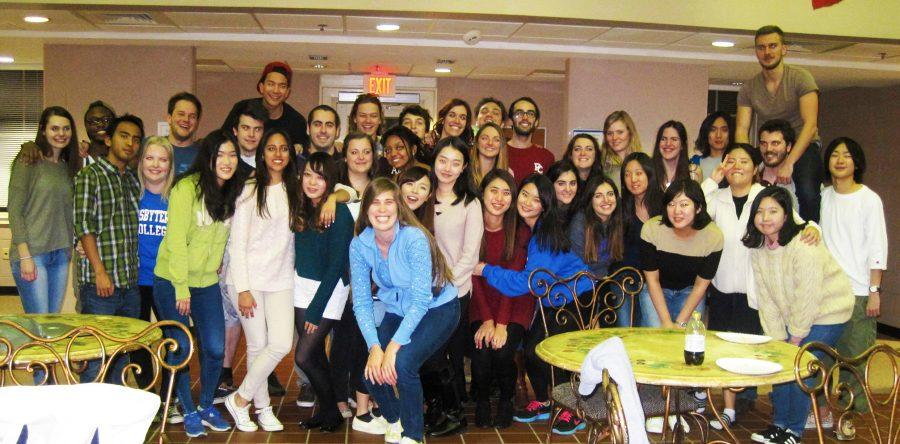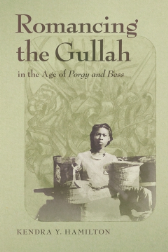International Love: How Valentine’s Day provokes mixed emotions
February 14, 2015
Valentine’s Day provokes a variety of responses from people in the U.S. Many love it, many hate it, and many feel ambivalent. But what about the rest of the world?
After asking PC’s very own international students, it seems that other countries either have various responses as well or they celebrate their own similar traditions.
For instance, in South Korea, there are two “love” days: Valentine’s Day and White Day. Paul Choi, a senior at PC whose family emigrated to the U.S. from Korea, said, “The easiest way to show the comparison is that Valentine’s Day is two-way and in Korea it is one way.”
He said, “In America, Valentine’s Day is significant for lovers: both parties show their affection towards each other through special events or gifts. In Korea, Valentine’s Day is for girls especially to show their feelings for guys, whether it be their secret crush, or their boyfriend. And they do this through giving chocolate as either a gift for a boyfriend or as a sign for a crush.”
On the flip side, “White Day is when guys give candies to girls,” explained Paul, “Some guys give candies to girls who gave them chocolate, as a way of responding to the girl. Some guys give candies in a similar way as how girls give chocolate to their secret crush, to confess his feelings.”
However, similar to the U.S., these days are only special if you have a romantic interest or partner. Hangyeol Kim, who studies at Sogang University in South Korea, said, “I enjoy the day when I am in a relationship, but I usually don’t care about it.”
She said, “I think these days it became a money maker so I have a negative opinion about it.”
Spin the globe again and, in Ghana, West Africa, February 14 is set aside annually to celebrate love, but it’s not called Valentine’s Day. According to Justice Poku, a senior, “In Ghana, the day used to be associated with social vices and other unhealthy behaviors.”
He said, “Since morality is valued highly, the government, under the Ministry of Tourism, re-christened the holiday as Chocolate Day where people buy and share chocolates with their loved ones as a symbol of love.”
Based on most of the international student responses, Valentine’s Day is a side effect of globalization.
Cristina San Martin from Pamplona, Spain said, “In Spain, we do not have traditions like that. It is true that some people celebrate St. Valentine’s Day and give presents to their boy or girl or go to a restaurant or to a hotel.”
“But I think it’s too commercial!” Cristina added.
In a similar vein, Yann Auodorm from Cambodia said that, “We never had it before, but now some young people do it because we got affected by globalization.” He also said that those opposed to Valentine’s Day think that it destroys the original culture and criticize anyone who participates.
All in all, Valentine’s Day provokes mixed feelings from all over the world. What does it mean to you?





